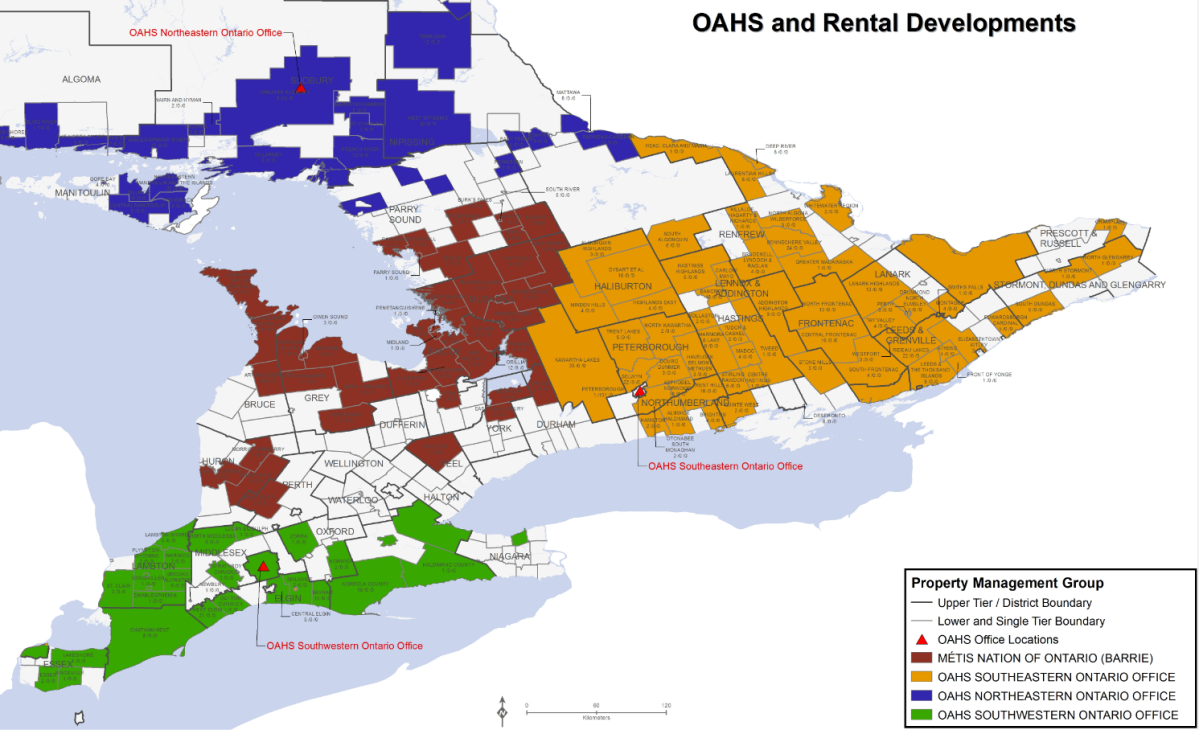Indigenous social housing providers will soon push the federal government to rethink plans to overhaul their funding arrangements because they worry the Liberal proposals could leave thousands of low-income families on the street.

Federal officials are set to start consultations on how to spend almost $500 million in the coming years as federal operating agreements expire and a new funding scheme is put in place to subsidize rents.
Coverage of social housing on Globalnews.ca:
The hope is that housing providers will shift to new funding models that make them less reliant on federal cash to operate.
The issue is also expected to be highlighted to the minister in charge of the file during a planned breakfast meeting this week.

Get daily National news
Even though Indigenous providers make up a small portion of the social housing covered by the agreements, those in the sector say they are less able to become self-sustaining than their larger counterparts who serve a wider population.
Justin Marchand, executive director of Ontario Aboriginal Housing Services, says his organization has been diversifying revenue sources, but that takes time and is easier for larger providers with the necessary resources and assets.
“It is a difficult task particularly when you’re a smaller (housing) provider and you might only have one or two staff,” Marchand said.
“In principle, we want both ourselves as an organization, other (urban Indigenous housing) providers and the people we serve to be economically self-sufficient, but how we go about doing that, we really need to give some thought to that.”
Indigenous housing providers say what separates them from other social housing is how their funding was set up in the first place decades ago.
At the time, they were given deeper resources as an acknowledgment that Indigenous Peoples living in cities and rural towns faced greater financial barriers to cover housing costs, said Marc Maracle, executive director of Gignul Non-Profit Housing Corporation in Ottawa.
A report in May from the Indigenous caucus of the Canadian Housing and Renewal Association said that some 118,500 Indigenous households, or 18.3 per cent, lived in “core housing need,” meaning they lived in homes that stretched them financially, required hefty repairs, or were too small for their families.
- Real Canadian Superstore fined for ‘misleading’ Product of Canada displays
- Danielle Smith promises Alberta referendum over immigration, Constitution changes
- ‘No reason to continue discussing’: Ontario mayor wants Andrew’s name dropped
- Canadian Tire says Triangle Rewards are its ‘linchpin’ for growth
The Canada Mortgage and Housing Corp. reported late last month that some 1.6 million homes, or 13.6 per cent of all urban households, were in core housing need in 2016, a figure relatively unchanged from 2015.
READ MORE: City of Vancouver accused of backtracking on social housing project
Maracle said the only path to fiscal sustainability is to maintain some sort of subsidy while also providing some help to develop more housing that is blended towards market rent to generate more revenue, and plow the extra cash into existing affordable units and “maintaining a deeper subsidy to the tenants who need it.”
But the stock of housing is aging for many service providers, making it more expensive for them to convert to higher-cost units that subsidize homes for low-income families.
“For me to (be) sustainable, I’d have to do a lot of upgrades and we’re not funded adequately enough to make those upgrades. There’s not enough money to do it all,” said Frances Sanderson, executive director of Nishnawbe Homes in Toronto.
She said many Indigenous housing providers would have to fold without the operating agreements, leaving thousands with no place to live.











.jpg?h=article-hero-560-keepratio&w=article-hero-small-keepratio&crop=1&quality=70&strip=all)
Comments
Want to discuss? Please read our Commenting Policy first.